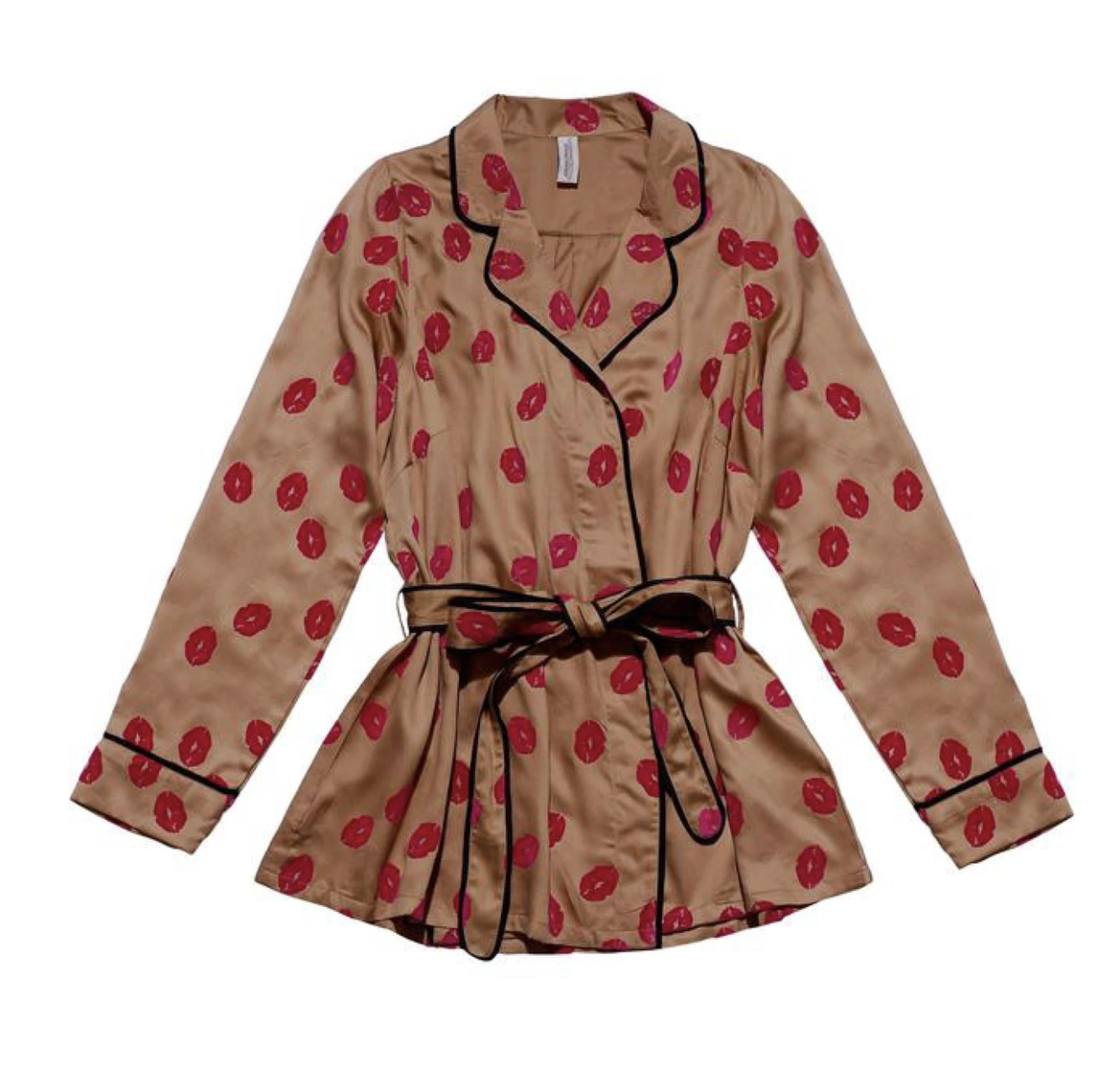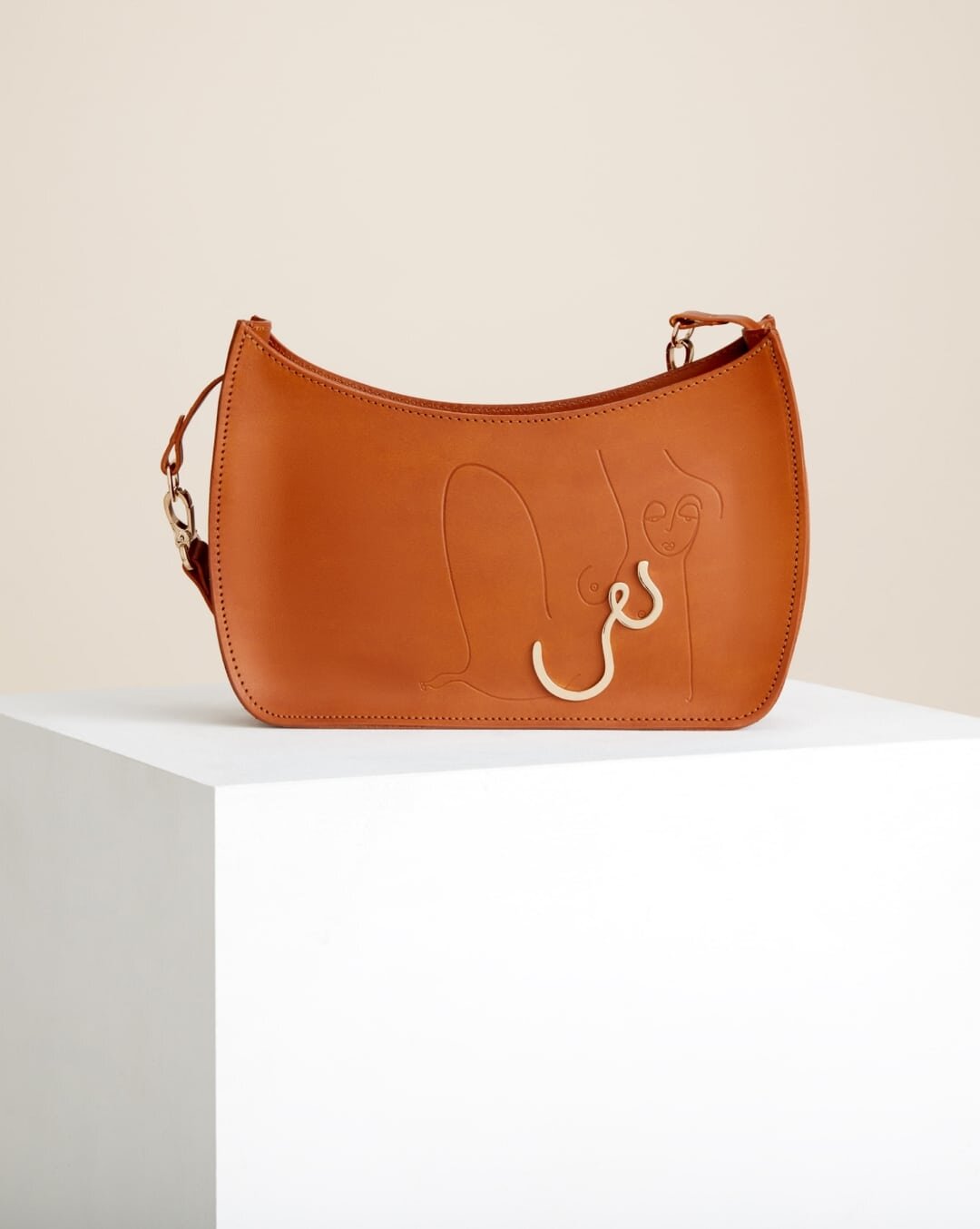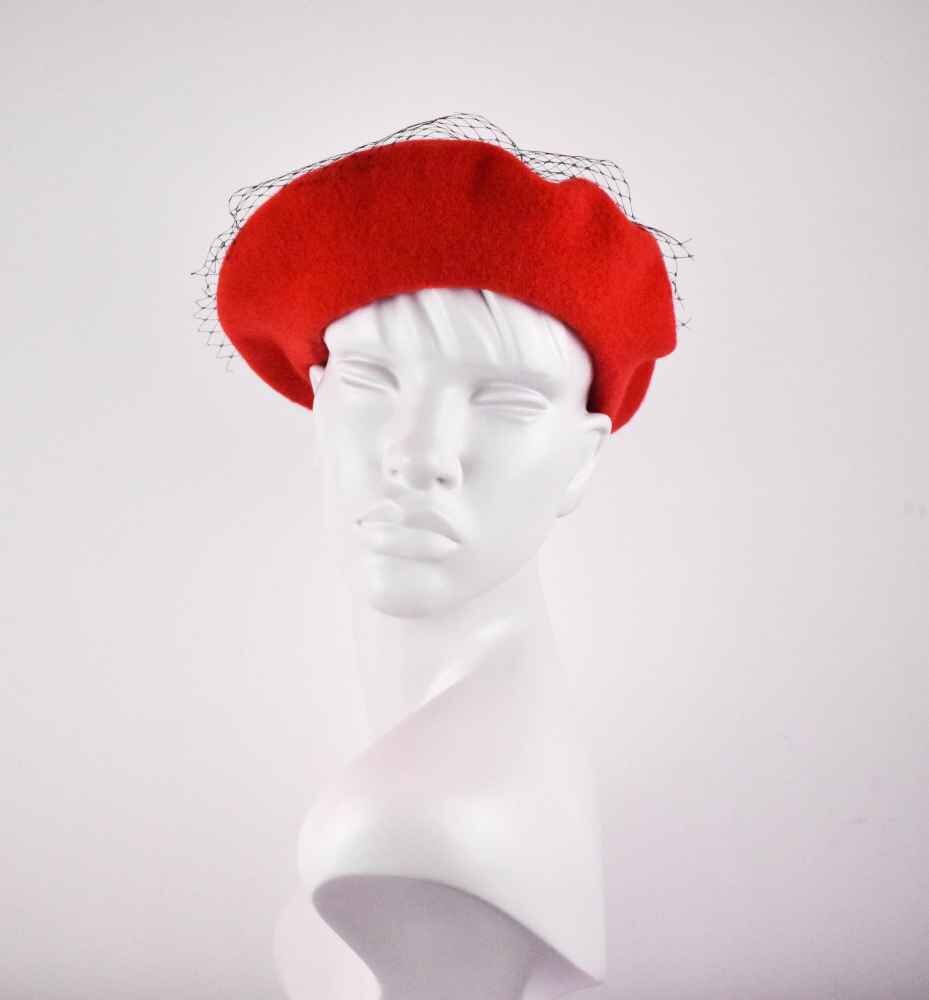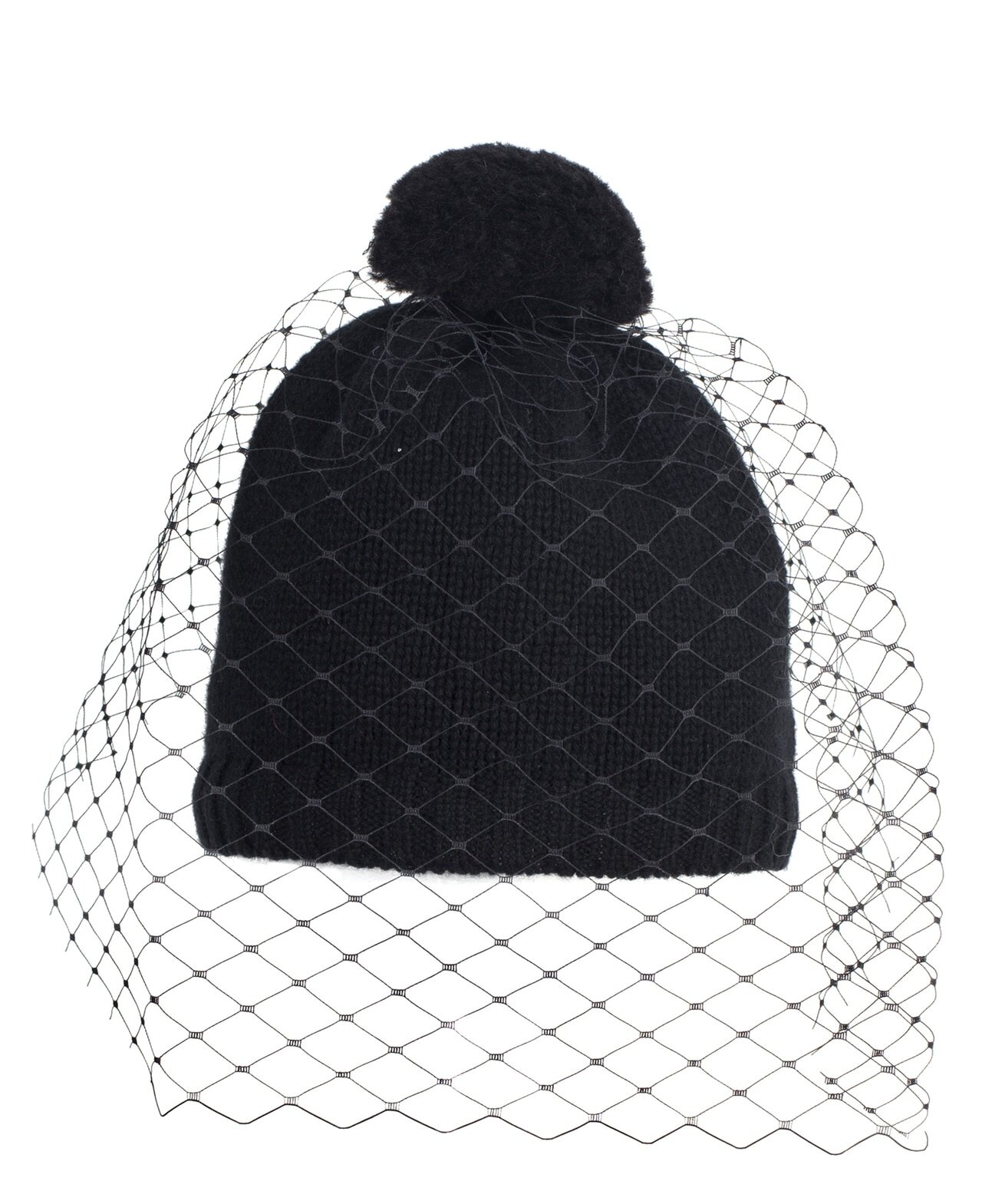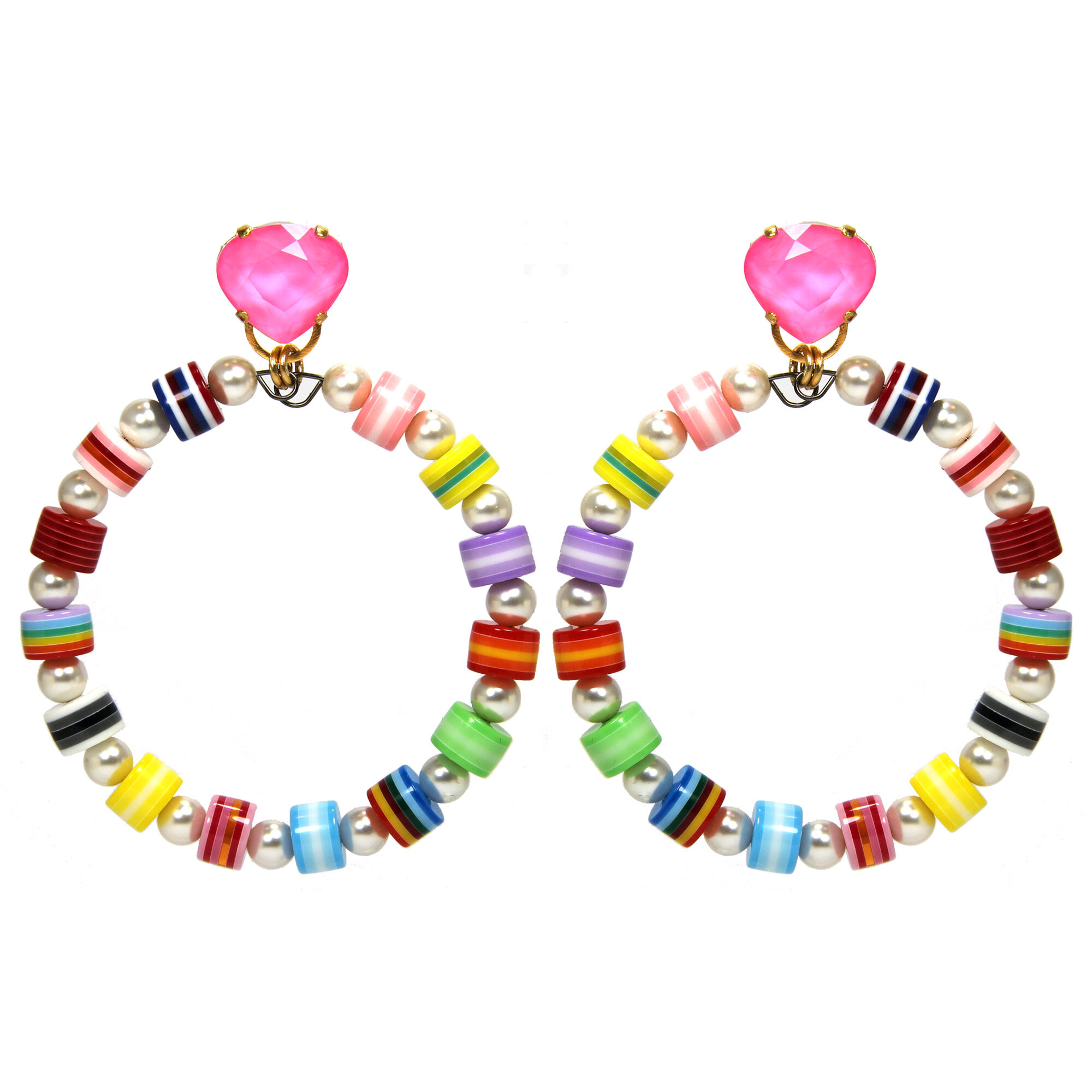Black Friday: Navigating Ethics and Sustainability In a Time of Crisis
By Clara Buckens
Black Friday perpetuates a myth of boundless resources— all supported by exploitative and environmentally damaging business models, particularly in the fashion industry. However, the retail sector and morale are in need of a boost. Can these apparently divergent concerns be reconciled?
The fashion industry is unquestionably wasteful with 336, 000 tonnes of clothing being sent to landfill or incinerated in 2017; it’s also exploitative with millions of garment workers facing human rights abuses, most commonly non-payment of a living wage; and it’s incredibly polluting, contributing 4% of greenhouse gas emissions in 2018.
The Fast Fashion paradigm, in which brands sell garments at low prices, in large quantities, and with a fast turnover between collections, has created a thirst for newness and abundance. The consumer is encouraged to dissociate clothing from its human and environmental costs. Discount culture exacerbates this dissociation. It’s no wonder, therefore, that Fashion Revolution is leading a Black Friday counter campaign, encouraging consumer activism, challenging brands to disclose their supply chain practices and demanding durability over disposability.
As clothing demand for clothing decreased as a result of the pandemic, brands have ceased to pay for clothing orders, causing garment factories to lay off workers, reduce their wages, and undermine their labour rights to cut costs. Workers have been penalised for being in trade unions, are facing increased risks of sexual violence, and, most ubiquitously, are living in harsher poverty. Some brands have still not paid for orders since April, while many others are demanding lower prices than before Covid-19 on comparable items. Compounded with the pandemic, this is causing a worsening situation for garment workers.
Simultaneously holding Black Friday sales while not adequately paying workers (notable culprits include Topshop, Peacocks and Kohl’s) demonstrates brands’ negligence for workers rights when it does not benefit their bottom line. Widespread non-participation in their sales would send a message to brands to improve their practices.
However, the retail sector is facing record lows. Clothing sale volumes were down 12.7% in September compared to February. Now, with England’s second national lockdown, this is likely to get worse. Black Friday represents the opportunity for some recovery.
Harmonising the need for economic stimulation with consumer activism all points to supporting small businesses where financially feasible. Smaller fashion brands and retailers usually have better social and environmental practices, and are also more vulnerable to the economic fluctuations caused by Covid-19.
That being said, the consumer is not responsible for rectifying the abuses of the fashion industry. While we must acknowledge the faults of discount culture and demand brands have better practices, we must also recognise that sales increase accessibility. We can stress that we should buy according to need not want, but should also appreciate that occasional frivolous purchases like clothing are morale boosters. We should support independent, ethical and sustainable brands if possible— but should not shame consumers for opting for a cheaper choice in a time of economic hardship. Ultimately, the most universal and powerful tool we have for enacting change is our voices.
Here’s the Fashion Roundtable Edit of where to shop with confidence. Click to visit their websites…


